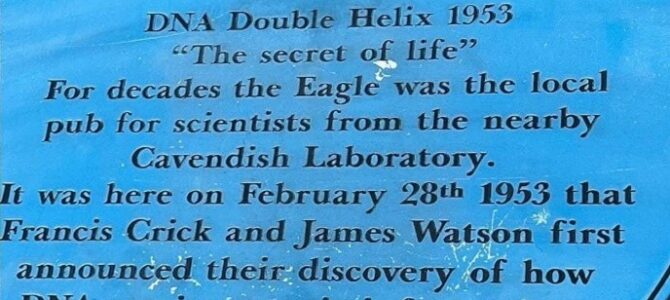by Patra Petrohilos (PhD Student)
I am not a seasoned traveller.
I can count the number of times I have been on a plane on my fingers. The only time one of those planes took me overseas was 20 years ago.
Then I heard about a summer school that was being held in Cambridge on the evolutionary biology and ecology of cancer. When my supervisors suggested I apply to attend, I reacted pretty much as if they’d suggested I apply for the first manned mission to Mars. That’s the kind of amazing thing you fantasise about. Not the kind of thing you get to do in real life.
Despite my unworldliness, I had heard of Cambridge. I knew it was home to the third oldest university in the world – one so old that it predated the Aztec Empire. And I knew it was “a long way away”. But it wasn’t until I was sitting on a plane for fourteen hours straight (and then a second plane for an additional seven hours) that I appreciated what “a long way away” actually meant.
“How long was your flight?” a European PhD student asked me soon after I arrived.
“Well, the first one was fourteen hours.”
I’m not sure what shocked her more – the fact that I’d had to endure a fourteen-hour flight, or the fact that after such obscene amount of time I was still only partway to my destination. Either way – it was reassuring to not be the only one who hadn’t realised just how far “a long way away” can actually be.
And so began one of the best weeks of my entire life:
There were morning walks through the lush forest.
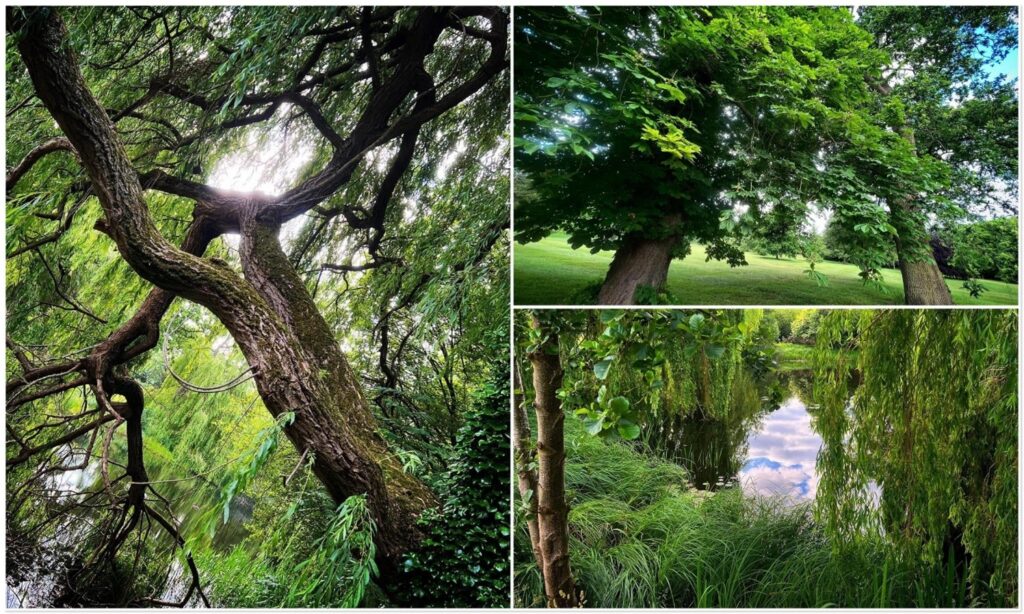
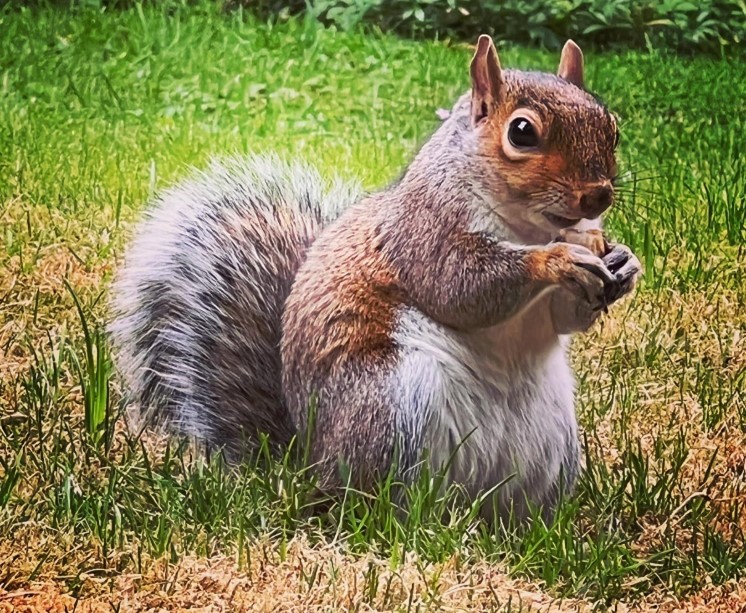
There were squirrels frolicking in the greenery. Like an Enid Blyton book come to life!
There were fancy meals in even fancier dining halls. I basically spent my days pretending to be a rich character in a Jane Austen novel.
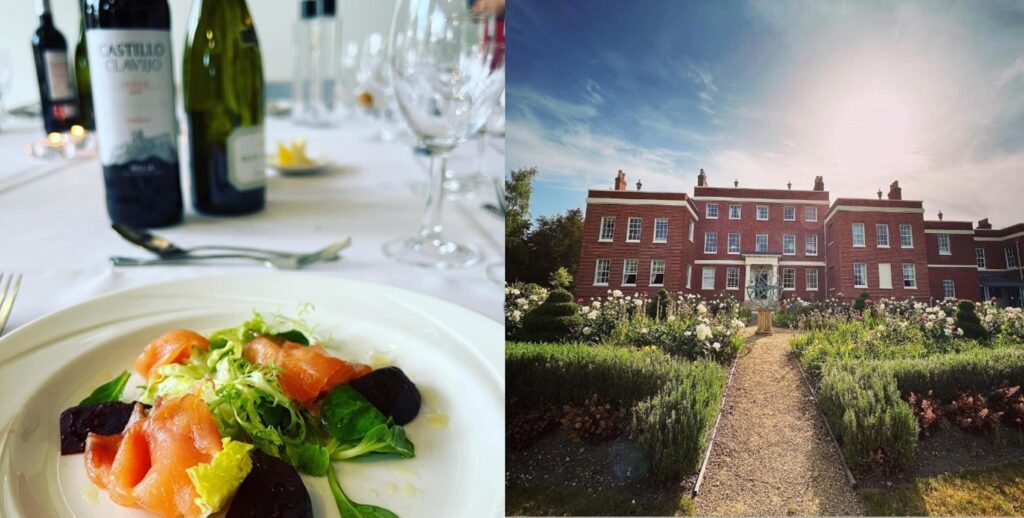
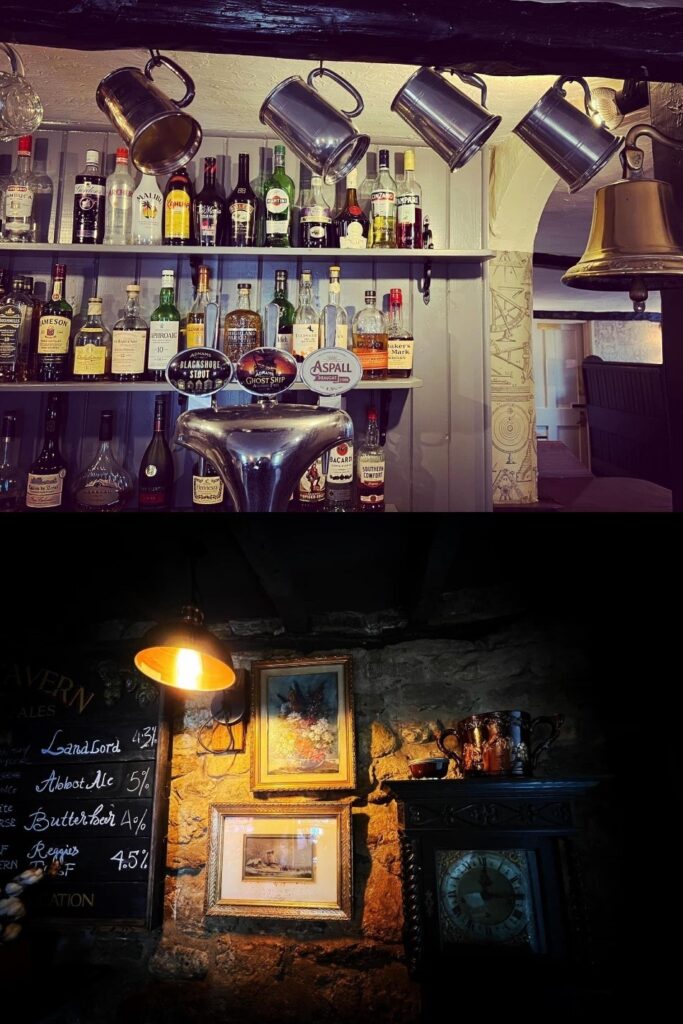
There were pints of beer in 16th century pubs shared with new friends from all over the world.
New friends with job descriptions I didn’t even know existed! (Exciting and exotic sounding things like “fish vet” and “mathematical oncologist”). I told them excitedly about my project and listened, enthralled, as they told me about theirs. We attended workshops on evolution and mathematical modelling and game theory and applying landscape ecology methods to cancer research.
But back to my favourite part – those 16th century pubs. I was determined to try all the exotic British foods that I only knew from books – toad in the hole, black pudding, pickled eggs. Pickled eggs! Imagine my delight to see an entire jar of them glistening temptingly behind the bar.
“Would you like the full experience?” the bartender asked me.
When someone asks if you want the full experience, the answer is always “yes”. In this case, the full experience turned out to be crushing up a bag of salt and vinegar chips before rolling your pickled egg in the salty, sour, crunchy crumbs of pure deliciousness.
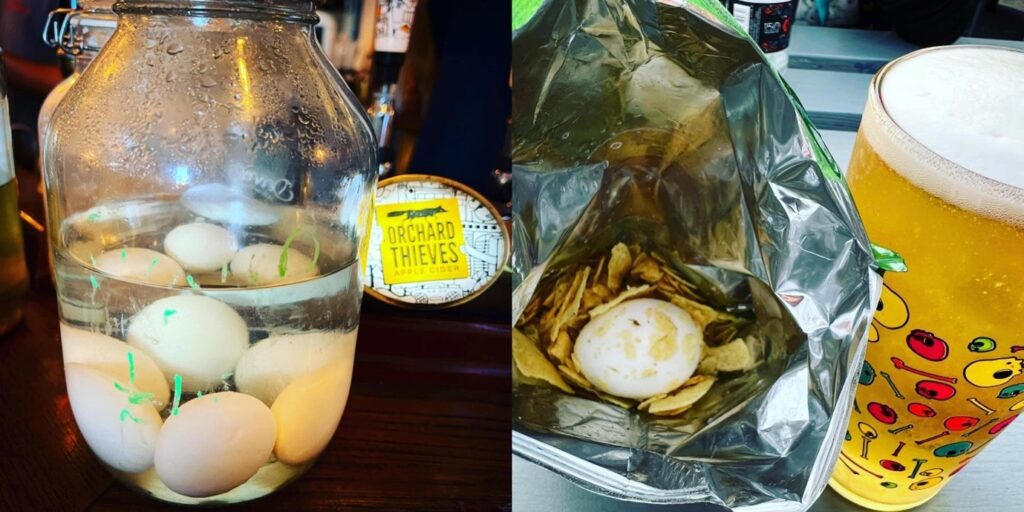
I clutched my English delicacy with glee as I eagerly headed back to our table. For some reason, my new friends looked slightly less excited with my find than I was. Their facial expressions spanned the entire gamut of confusion, from shock to amusement to admiration at my bravery. Evidently, they were fellow foreigners like me, I told myself, unfamiliar with the fineries of traditional English bar snacks.
And then – “I have never in my life seen anyone actually order a pickled egg,” a lovely English doctor announced.
Ok so maybe it was less a British delicacy and more something they tell stupid Australian tourists. It was still delicious.
Cambridge had a magic that I had thought only existed in literature. The entire trip felt like falling into the pages of my favourite childhood books, like I had finally been handed my letter from Hogwarts. I was Alice in a wonderland of history.
I saw baby swans as I went punting down the Cam River.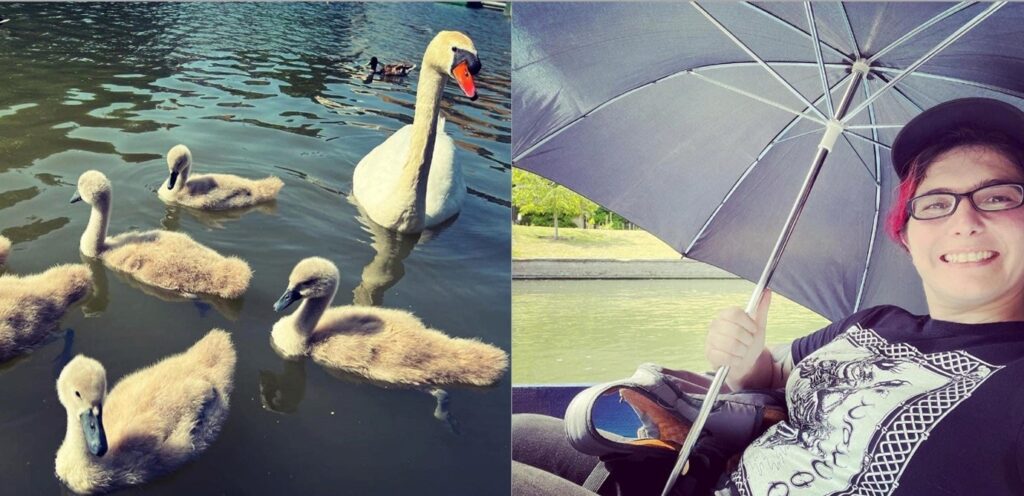
I was thrilled to drink beer at the Eagle – that famous Cambridge pub where the structure of DNA was first announced. I was even more thrilled to see that someone had the gumption to add Dr Rosalind Franklin’s name to the plaque out the front.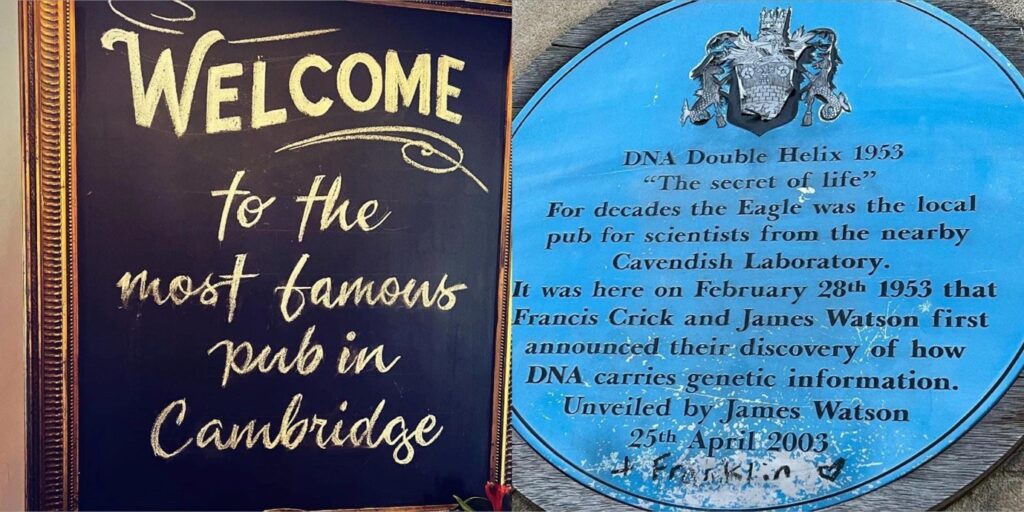
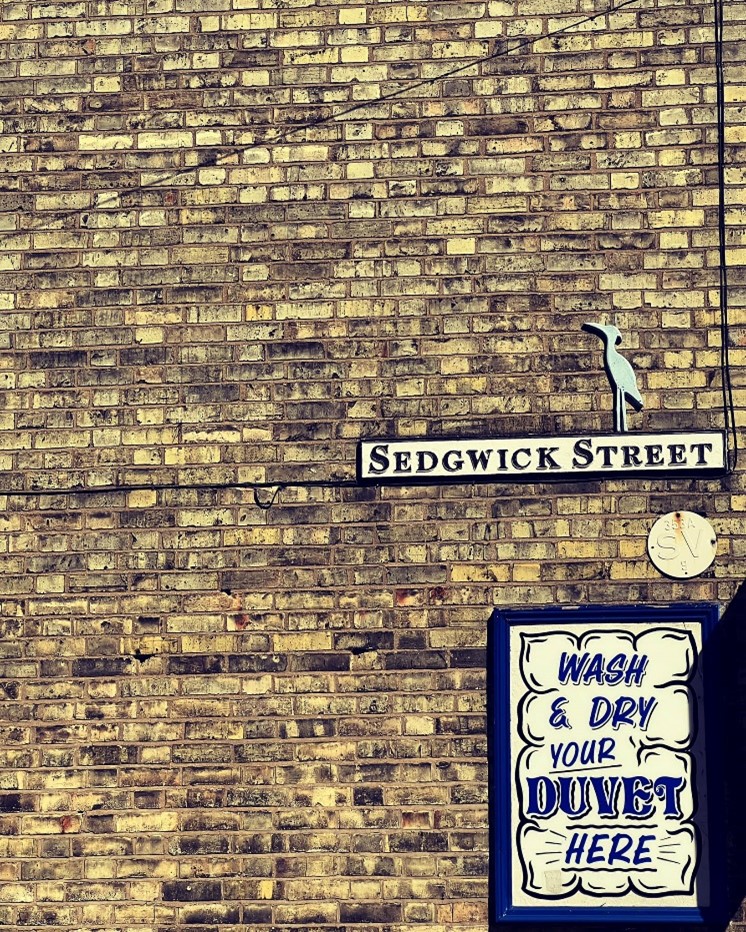
I even loved the charming signs telling me to wash my duvet.
I returned to Sydney, energised and inspired; armed with a
renewed fervour to attack my PhD. I can’t wait to carve out my own tiny sliver
of novelty in the monolith of human knowledge so that I can tentatively place it
upon the shoulders of the giants who came before me. Thank you so much to my
supervisors Professor Kathy Belov, Dr Carolyn Hogg and Dr Emma Peel for making
this happen.
Author:
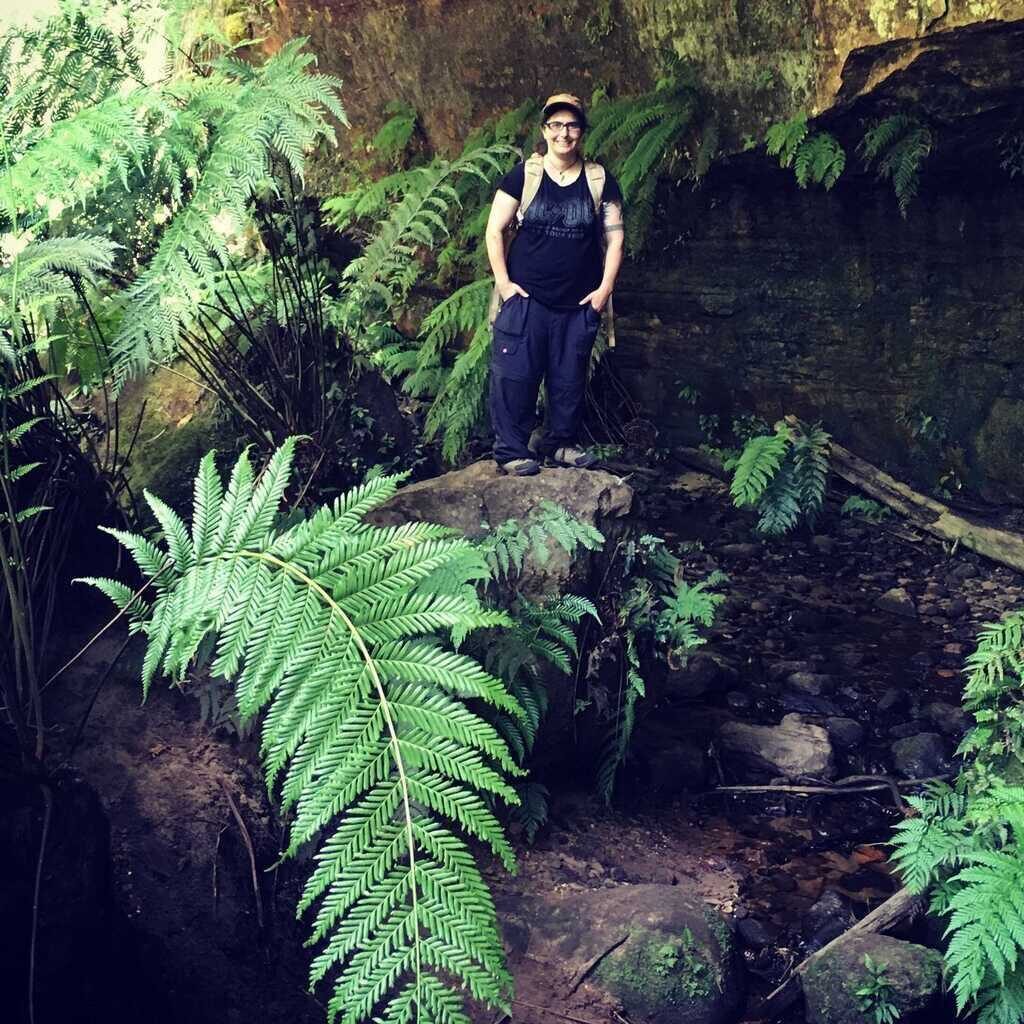
Patra Petrohilos (PhD Student) is researching the evolution of devil facial tumour disease (DFTD). By investigating anticancer properties of naturally occurring peptides, she is aiming to identify novel agents with therapeutic potential against DFTD.
